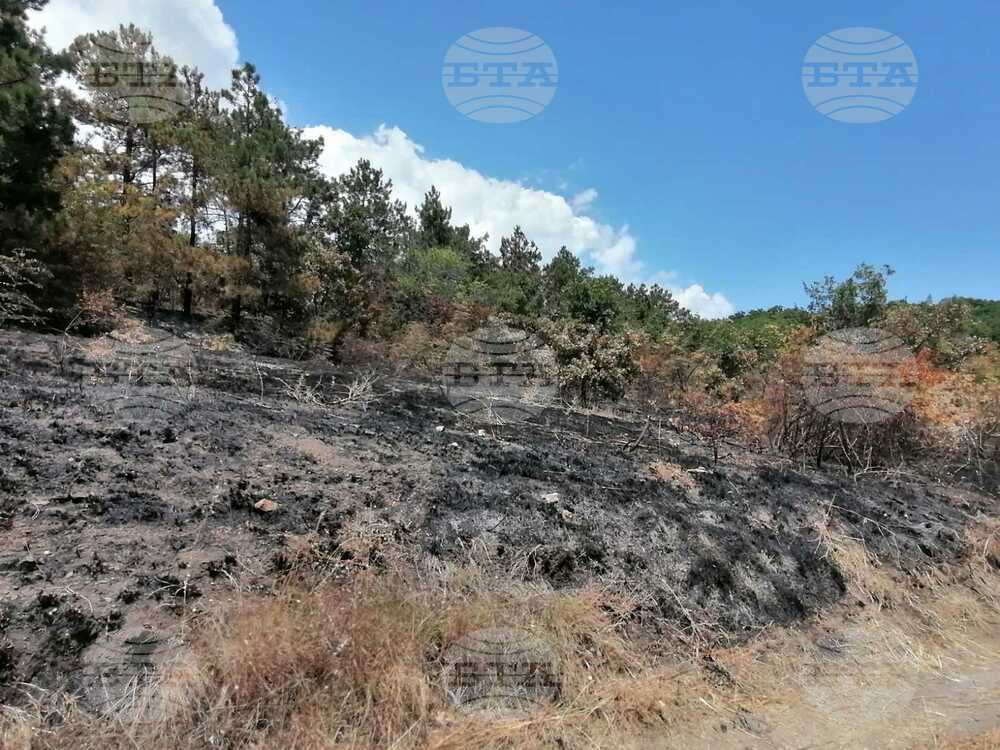site.btaBulgaria's Coniferous Forests at Risk of More Frequent Fires and Drying


Bulgaria's coniferous forests are endangered by multiple factors, one of which is the spread of phytopathogenic fungi. Data from the Executive Agency for Forests show that 35,500 hectares of forests, or 0.8% of the country's stock, have been damaged, the Bulgarian Branch Chamber of Woodworking and Furniture Industry (BBCWFI) said on Monday.
Responding to a BBCWFI enquiry, Assoc. Prof. Georgi Kostov of the University of Forestry in Sofia described the condition of conifers in this country as "alarming" and "requiring pro-active care".
Yancho Naidenov, longtime CEO of the Sofia Forest Protection Station, said that 1.5 million ha of forests, mainly coniferous species, have been planted in Bulgaria over the last 60 years. The main objectives of the afforestation campaigns have been to increase forest acreage, boost forest productivity and curb soil erosion. Regrettably, conifers have been drying out on a massive scale in recent years. Naidenov attributed the worsening condition of coniferous trees to climate change, a failure to apply special forest management practices, and tree aging. Anyway, he said, these forests have already played out their role. They have reinforced terrains, created conditions for natural recovery of forests, and facilitated artificial afforestation. Considerable amounts of timber have been amassed.
Since many of these ecosystems were created artificially, they cannot last very long. The processes occurring within their limits unfold more rapidly, and they begin to decompose and dry. To address the situation, it is necessary to apply special forest management practices, Naidenov said. Scientists are adamant that Bulgaria has good forest management expertise which is well-known internationally. Experts call for a new approach to stewarding coniferous forests and an effort to raise awareness of the public benefits of their reproduction. Sanitation and transformation harvesting of trees is needed urgently. Back when conifers were planted in Bulgaria on a massive scale, it was estimated that their life cycle would be 40 to 50 years.
BBCWFI noted that government institutions often neglect forestry-related issues, or are too late in trying to address them. They rarely solicit opinions from experts. The Chamber recommended various types of recovery harvesting followed by natural or artificial afforestation. Otherwise, there will be a greater risk of fires, insect infestation and damage caused by wind and snow.
Landscapes are definitely changing due to global warming, BBCWFI said. This is evident, for instance, in Mt Sakar in the southeast of the country, which has been ravaged by ever more frequent wildfires, which have left bushes and grass where once there were trees. Last year's widespread wildfires in neighbouring Greece were not a coincidence, and Bulgaria is not immune to such phenomena, particularly its drying coniferous forests. It should also be noted that Bulgarian forests are aging, which makes it essential to carry out annual forestry plans.
/DT/
news.modal.header
news.modal.text